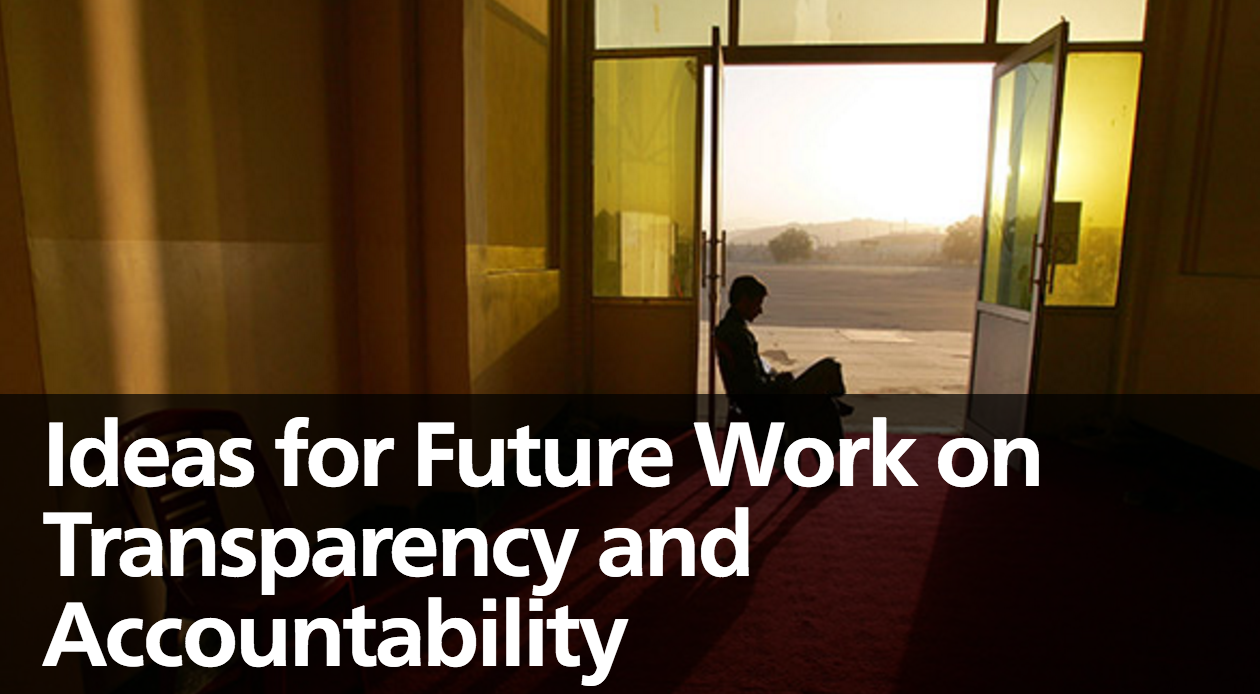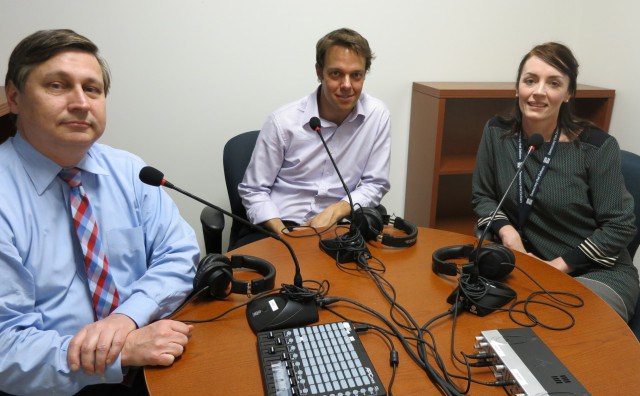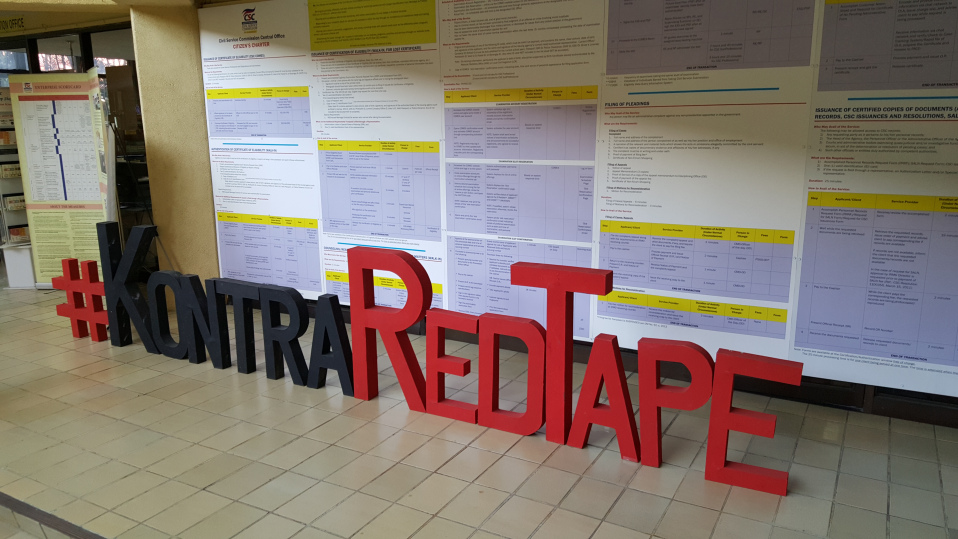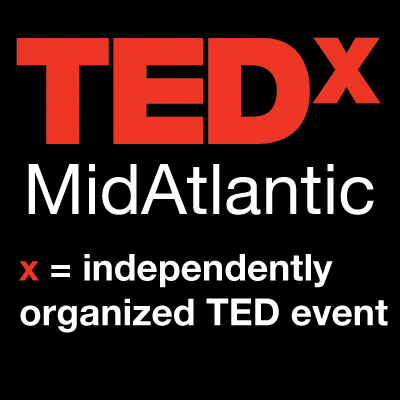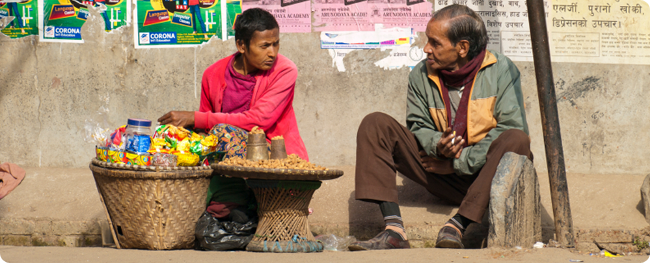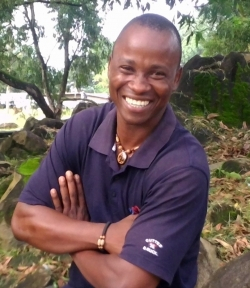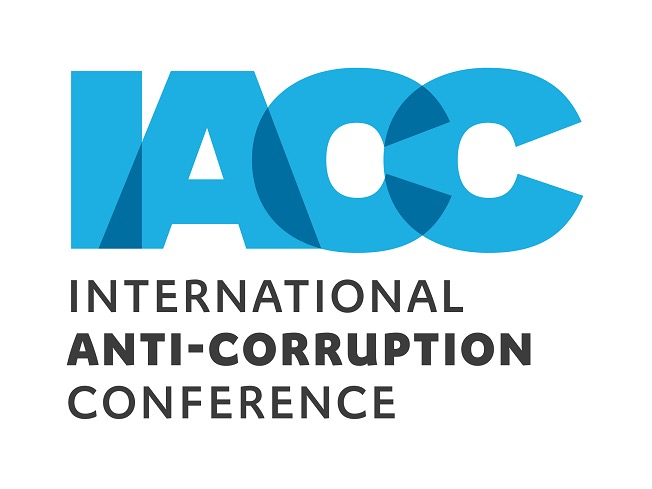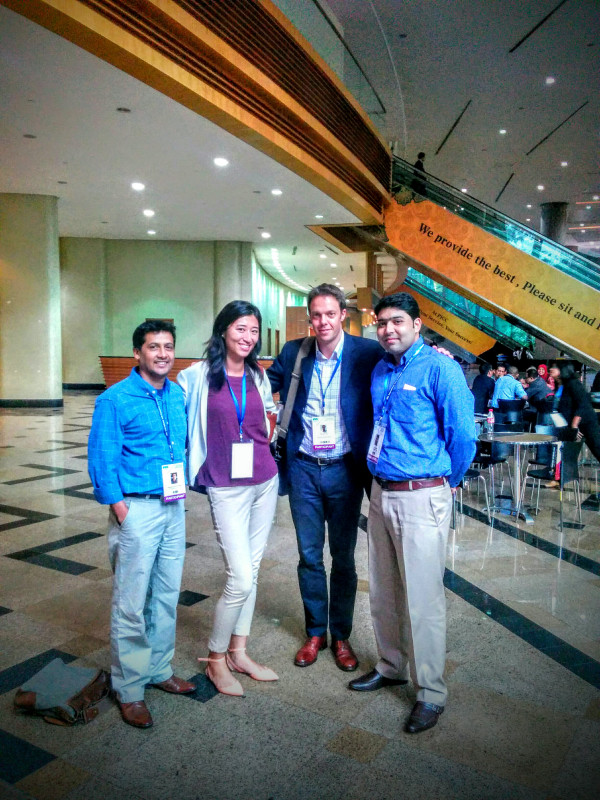Ideas for Future Work on Transparency and Accountability
By: Blair Glencorse, Executive Director, Accountability Lab. This article was originally published by the Carnegie Endowment for International Peace, in a collection of twenty think pieces by leading scholars and activists on the future of the transparency and accountability movement, commissioned by the Transparency and Accountability Initiative (T/AI) and curated and edited by Thomas Carothers. Getting Closer to the Ground Progress in the field of transparency and accountability has been patchy. Funders have focused largely on transparency (and to a lesser extent accountability), and the associated efforts around open government. This has been valuable—transparent information should provide the basis for more effective policymaking and [...]

